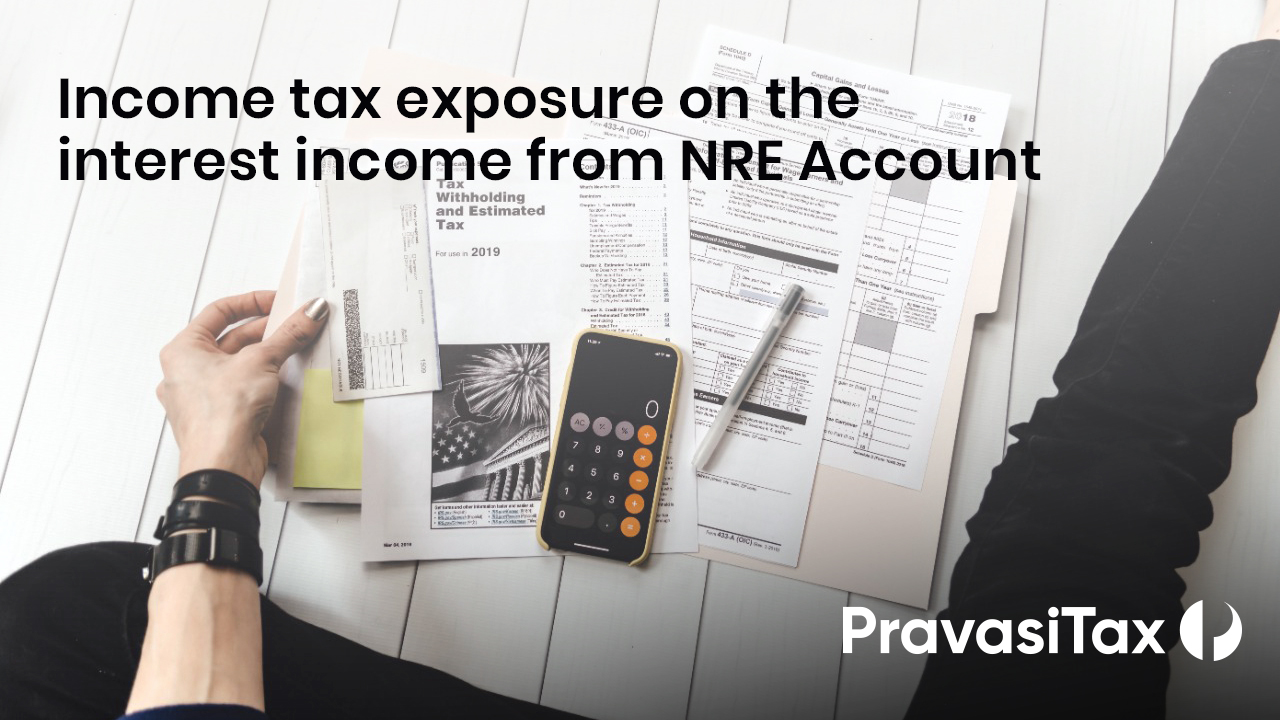Information Hub/Investments/Bank Deposits
Can NRI plan for the income tax exposure on the interest income from NRE Account?
Published : 04 Nov 2021
 Interest income on NRE fixed deposits is not always exempt from income tax.
Interest income on NRE fixed deposits is not always exempt from income tax.
Under Foreign Exchange Management Act, 1999 (FEMA) every NRE Accounts should be re-designated as Resident Accounts immediately upon the return of the account holder to India or for taking up employment or for carrying on business or for any other purpose indicating his intention to stay in India for an uncertain period. Once an account holder loses his NRI status under FEMA, the interest income from such NRE account is taxable and again subject to TDS from the Banks end.
If a person continues to operate the NRE Account even after return to India, the interest income is still taxable in the hands of the Account Holder even though there is no TDS deducted from the Bank end.
In case, NRI has an option or plan to go back to abroad after a point of time, NRI can plan to convert the existing NRE Account to RFC Accounts to avoid income tax exposure. The interest income from FCNR and RFC Accounts is not taxable in India if the returning NRI remains to be Resident but Not Ordinarily Resident (‘RNOR’). Once the account holder becomes an Ordinary Resident, then the interest income from RFC account becomes taxable. This particular tax exemption is available only for the years in which the account holder remains to be RNOR.
In the current context, an NRI is eligible to open RFC Account when he has stayed abroad for a continuous period of 1 year or more and has returned to India. RFC Account can be opened in any freely convertible foreign currencies like USD, Euro, AUD, JPY etc (not in GCC Countries’ currencies).
Though the interest rate on RFC Account is little lower than the normal NRE Account interest, the balance amount in the RFC Account has repatriable feature, which is important for an NRI to maintain if he / she has plans to go back to abroad.


